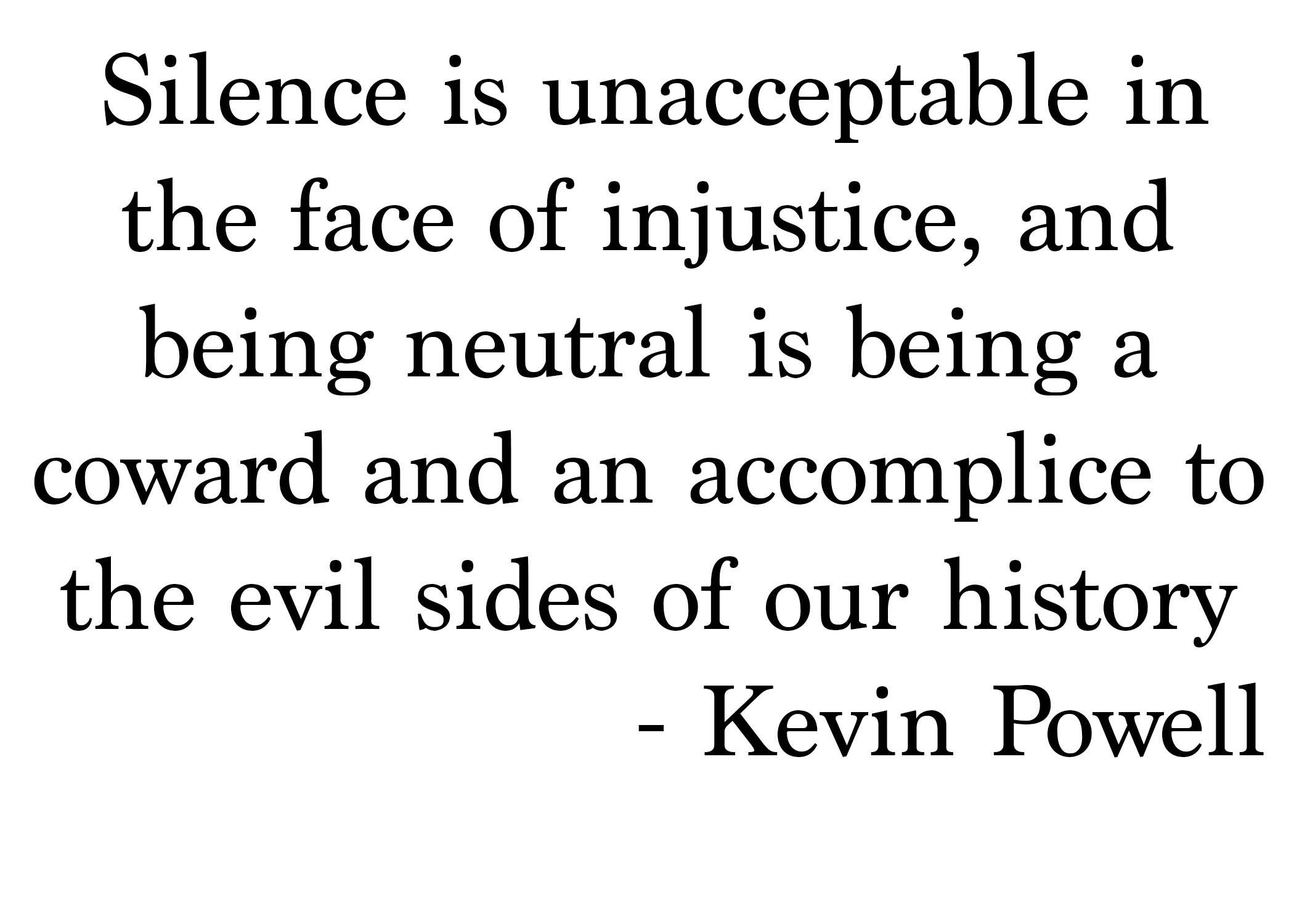
I woke up this morning…Actually, it is more like I barely slept into the morning. I was a jumble of nerves. I was feeling anxious. I knew that I had to listen carefully to my body in that moment because it could be the difference between being anxious for a day and being depressed for months.
My body said, “I need yoga.”
So I cued up Yoga With Adrienne on Youtube and got on the mat. We started slowly in a seated pose. Then we did the breathing exercise that opened up my world. I felt calm. Then we moved into cat pose…then we moved. And as we moved into each pose and I got to connect with my body, I understood what was happening. My body was demanding attention. I cried a bit on the mat but I felt better for that moment with myself in a dark room.
I texted my friend and said, “I have abandoned my body. I don’t look at it in the mirror. I struggle to feed it. Even clothing it is a struggle. I need to make peace with my body.”
This epiphany reminds of reading Love Warrior by Glennon Doyle. A major theme is reuniting the self. The self is divided into the mind, body, and soul. She feeds her mind and her soul. She is disconnected from her body. In a lot of ways, I connect to this idea/situation. I have always been an avid reader. I take great pride in developing my mind. I am invested in my soul. My faith is a big part of my identity. My body and I though are not connected. I never felt like I looked how I felt. I often don’t feel like I look smart or accomplished or presentable. I often want to hide in public because I just like my body does not belong.
I have lived most of life at this point with a disordered eating behavior. I love the idea of cooking food more than the idea of eating it. When I do, I have to battle the shame I feel about feeding myself. It has gotten easier over the years because even when I don’t love eating, I focus on the functional aspects of it. I just do it.
I go through cycles of taking care of myself. There are times when I exercise consistently. In those moments, I usually feel connected to my body. I look at my body more. I understand how it works. I take pride in beautifying myself. I feel a sense of grounding by engaging with my physical self.
At the moment, I am a year into a very sedentary phase. I have ignored my physicality. It is not just in the working out. It is in the way I refuse to care for my hair or my skin. It is in the lack of exercise. It is the lack of attention to what I eat. In many ways, I let my body go because I needed to focus on my mental health. Now that I am at a place where my mental health is stronger and I can say that happiness is a regular state of mind, I need to focus on my body.
I don’t need to diet like I have been tempted to in the last month or so. I know after 18 years in this battle of disordered eating that I do not do well with structure around my eating. I need to go back to creating nutrituous food and celebrating the art of eating.
I need to physically challenge my body. At the moment, I am inclined to focus on walking and yoga as means to do that.
I need to look at my face and body. I have been wearing more make-up of late. I have also been taking selfies. There is a part of me that feels narcissistic for taking pictures of myself. However, I recognize that in looking at myself and not cowering away from my own image, I am accepting that I am worthy and beautiful just as I am.
I don’t know what tomorrow brings. I do know that today, I started a new journey in understanding my relationship to my body.


